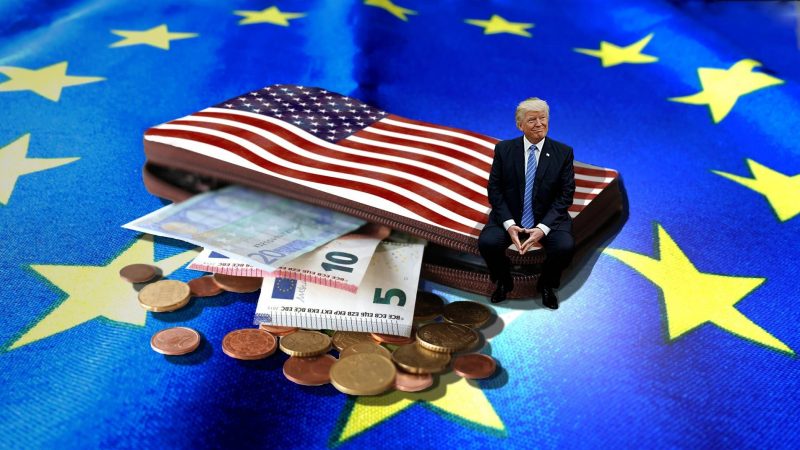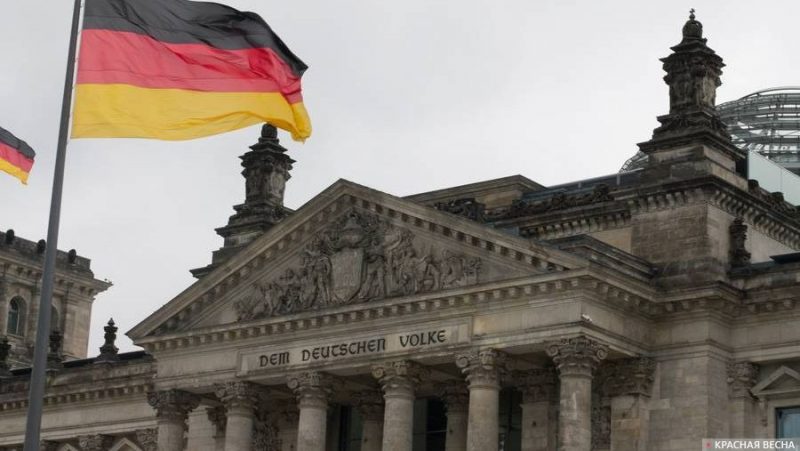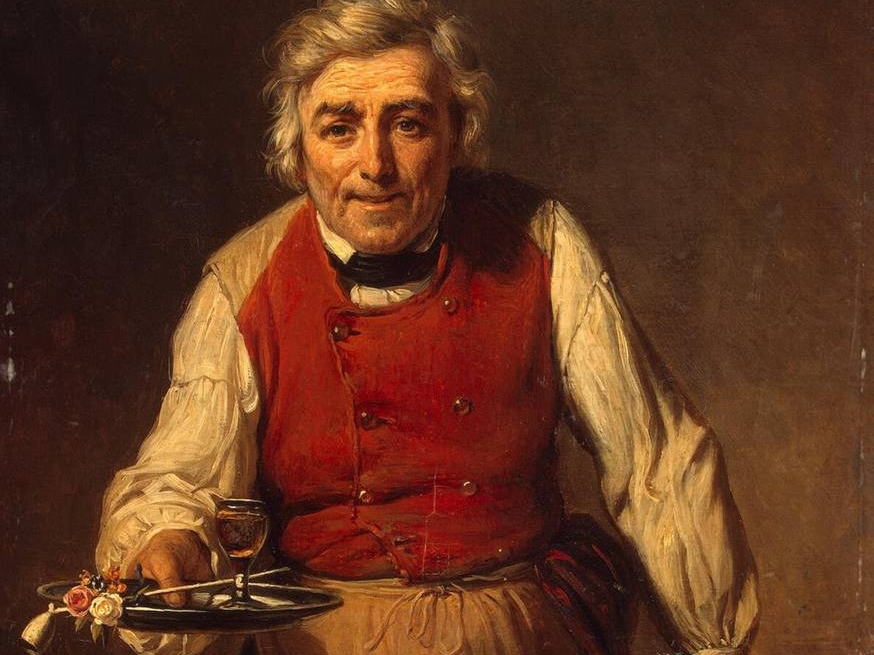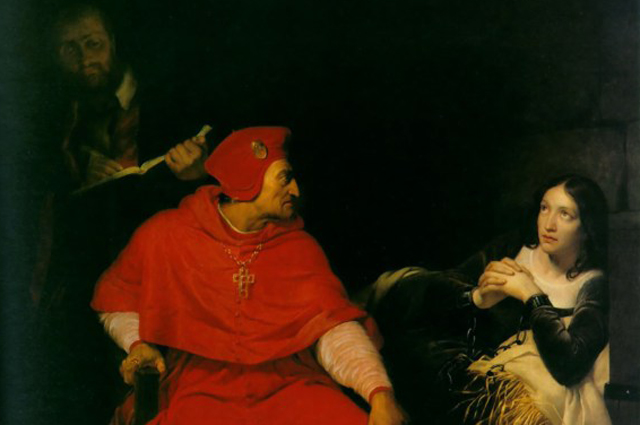21.10.2018, Madrid.
The Elcano Royal Institute, a Spanish think tank for international and strategic studies, expressed a lack of confidence in that U.S. President Donald Trump’s trade policies would accomplish their goals, says the Institute on its official Facebook page.
According to Nuria Casuso Mazas who studies the growth of protectionism in U.S. trade policy, the U.S. President is focused on exposing trade imbalances to justify his mandate, but it remains under question whether his trade policies would accomplish their goals, given the existing global value creation chains and the importance of service economy. The expert states that such trade policy threatens the multilateral trade system and the international liberal order.
According to the expert, Donald Trump, the primary mastermind of these policies, initiated several commercial wars this year, provoking reciprocal repressions from his business partners.
In February, 2018 the Trump administration has laid down one of its first sets of protectionist measures, import tariffs on solar panels and washing machines. Under the justification of stating that imported goods harm domestic industry, measures were taken totaling in $8.5 billion for solar panels and $1.8 billion for washing machines. While this move did not violate the World Trading Organization’s rules, it initiated a response from China and South Korea and led to anti-dumping measures against U.S. grain imports. All this led to a dispute over the WTO, which stated that the organization’s rules were being violated. Finally, on May 18, after negotiations between the United States and China, Beijing cancelled the tariffs on U.S. grain. Everything else is still on the table.
The second trade conflict escalation was provoked by the U.S. President’s tweet on establishing tariffs on steel and aluminum imports of 25% and 10% respectively. The tariffs were officially introduced on March 23, while Canada, Mexico, the European Union, South Korea, Brazil, Argentina and Australia were temporarily exempt. Today the tariffs apply to the EU, Canada and Mexico, while Argentina, Brazil and South Korea managed to avoid the duties in exchange for quotas and other compromises. Australia remains the sole unlimited trade partner in steel and aluminum for the U.S.
The Elcano Royal Institute for international and strategic studies is a liberal think tank established in 2001 in Spain. According to its regulations, it is tasked with performing international policy analysis from Spanish, European and global points of view. Its Madrid headquarters was created on December 27 of the same year under the honorary chairmanship of the Prince of Asturias, who is now known as King Felipe VI of Spain.
Source: Rossa Primavera News Agency




